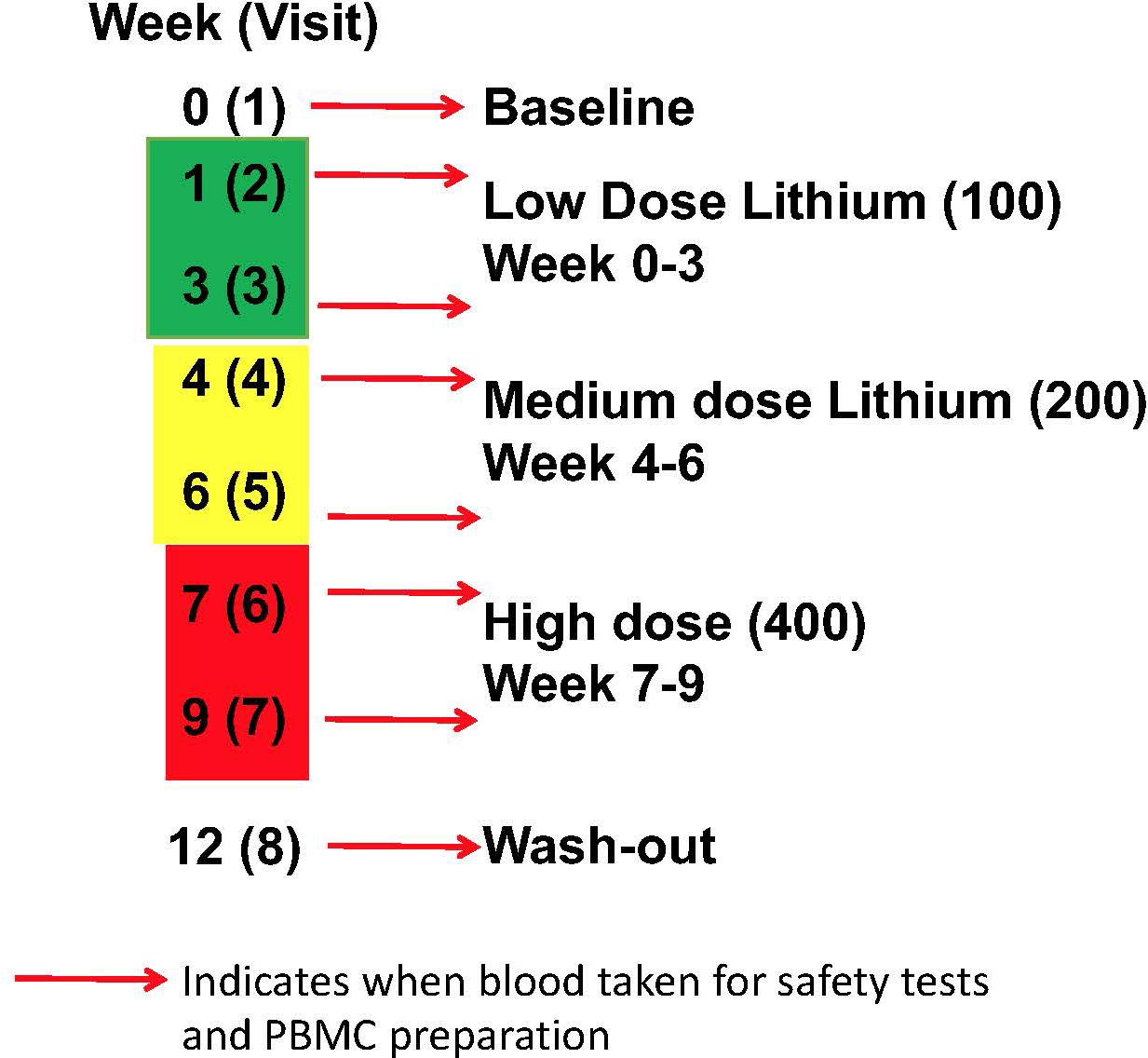
Lithium Deficiency in the Brain Associated with Alzheimer’s Disease: Reasons for Optimism in Future Therapies?
New findings from Harvard Medical School indicate that a lack of lithium might play a role in Alzheimer’s disease, potentially paving the way for treatment through lithium administration. Under the direction of neuroscientist Bruce Yankner, the research demonstrated that elevated lithium levels alleviated Alzheimer’s symptoms in mice. Examination of post-mortem brains from the Religious Orders Study revealed notable reductions in lithium concentrations in individuals with mild cognitive impairment, which is an early indication of Alzheimer’s. While levels of zinc and copper also varied, lithium was particularly prominent.
In the past, lithium was viewed as a potential treatment for Alzheimer’s, with a Danish study conducted in 2017 linking higher lithium concentrations in drinking water to lower rates of dementia. Yankner’s investigations on mice, where dietary lithium was reduced by 90%, showed a rise in amyloid plaques and a decline in cognitive function, underscoring lithium’s significance for brain health. Furthermore, RNA sequencing revealed changes in gene expression, suggesting lithium’s role in the enzymatic control associated with Alzheimer’s.
The research identified increased lithium levels in amyloid plaques, implying they may sequester lithium, leading to its deficiency. Yankner investigated different lithium salts, pinpointing lithium orotate as particularly promising. Its administration reinstated the capacity of brain immune cells to handle amyloid-beta peptide, representing a hopeful advancement for potential therapies.
While the results point to lithium’s extensive influence on neurodegeneration indicators, human clinical trials are essential. Elevated lithium concentrations can be harmful, and current findings do not endorse supplementation without additional investigation. Neurologist Serge Gauthier commends the study, whereas Ashley Bush emphasizes the need to investigate lithium’s biochemical functions and optimal dietary levels. As research evolves, lithium orotate may play a pivotal role in clinical trials aimed at Alzheimer’s treatment.